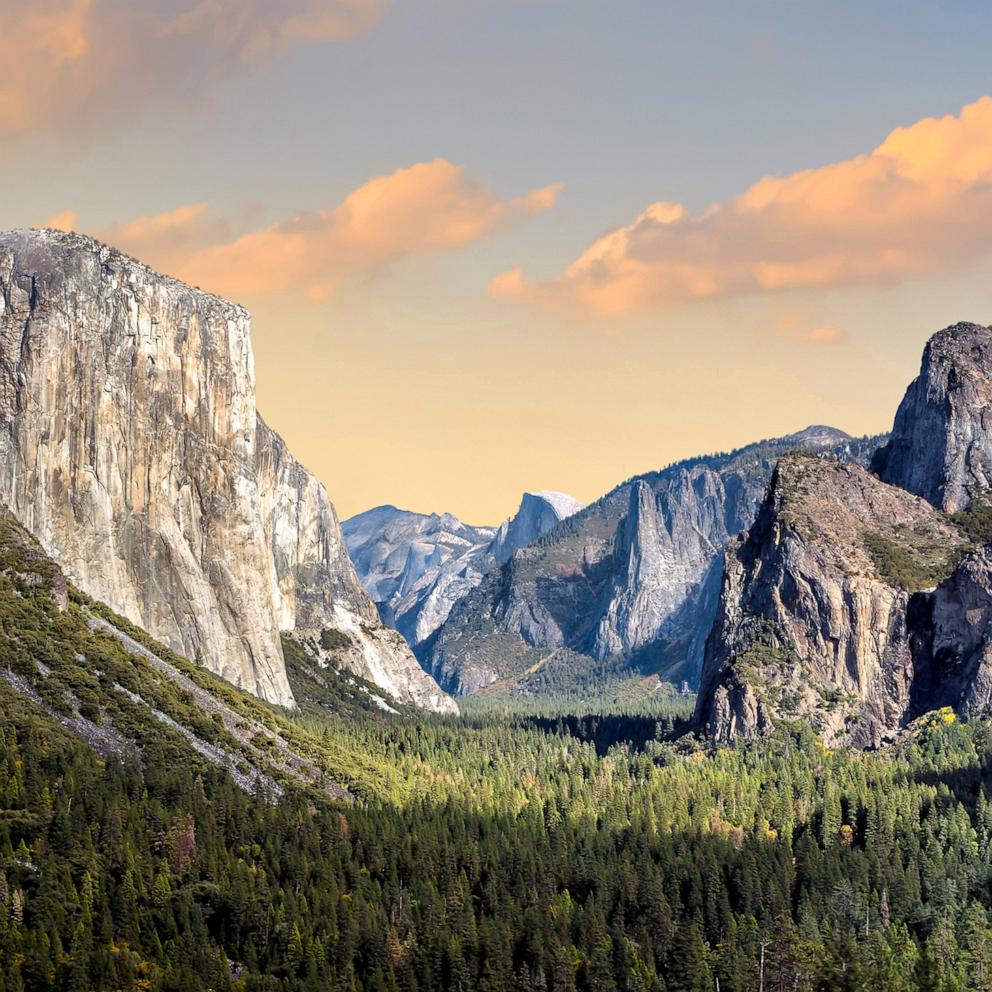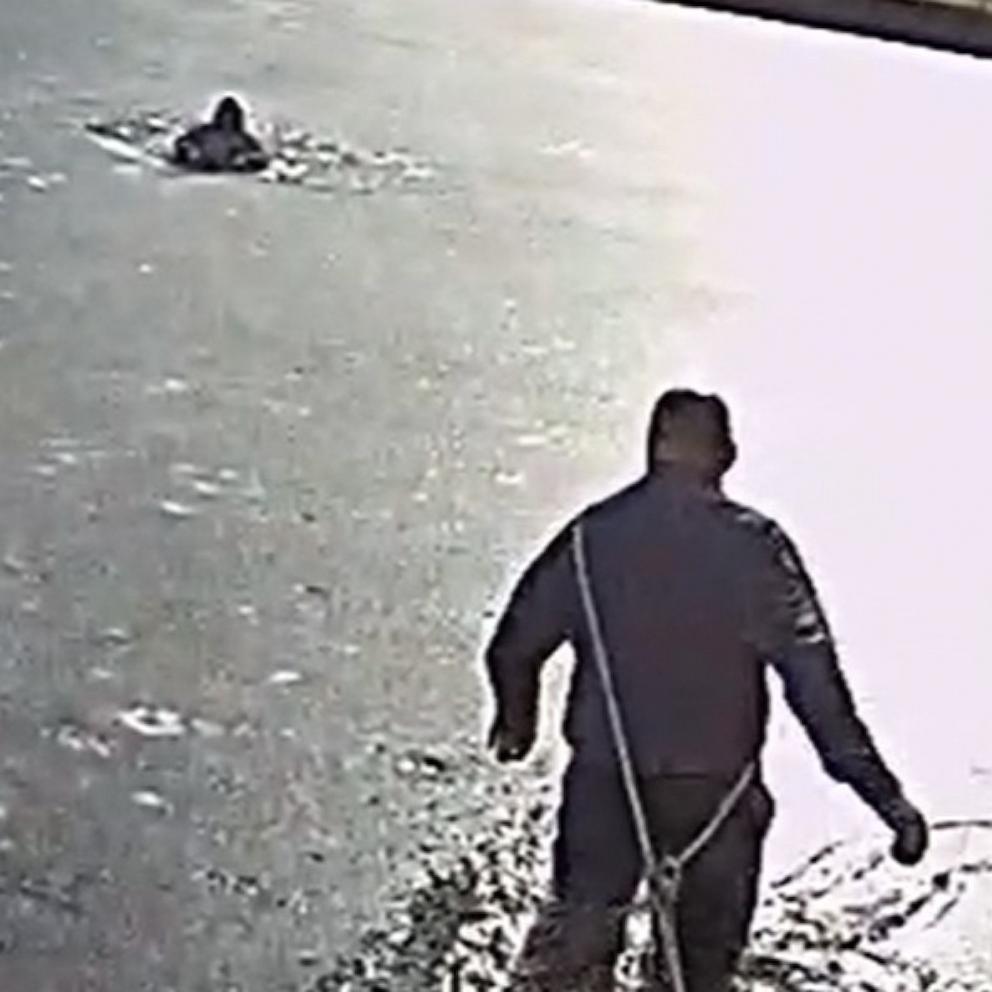Why Brazilian officials want to pave a highway in the Amazon rainforest
A government plan to pave a highway in the Amazon rainforest is prompting concerns from environmentalists who say the development will cause more wildfires in the region.
But for those who live in remote areas of northwest Brazil, the highway could serve as a lifeline to modern civilization, experts argue.
The current road is 560 miles long and mostly dirt. It connects the Amazon-adjacent states of Amazonas and Roraima to the rest of the country.

The road is difficult for most vehicles to navigate, Nauê Azevedo, a litigation specialist for the Climate Observatory in Brazil, a network of 119 environmental, civil society and academic groups, told ABC News. The unpaved road has led to a lack in modern development in many rural areas, he added.
Paving the road, however, would pose dire consequences for the already degrading rainforest, Azevedo said.
The construction of BR-319, the formal government nomenclature, would likely lead to a "fishbone pattern" of deforestation extending from the roadway, Rachael Garrett, a professor of conservation and development at the University of Cambridge, told ABC News.
Moreover, the exposure to outside communities could harm indigenous groups living in the Amazon, Garrett said.
Added Azevedo: "From an environmental standpoint, paving this road will be so detrimental for the Amazon rainforest, which we all know is crucial -- both to Brazil and the world in general."

Aside from the further deforestation, environmental crimes, such as illegal logging and mining, would likely increase without proper governance in the region, Azevedo pointed out. Criminals would have easier access to remote areas and authorities would not be able to stop illegal activities, he said.
Brazil is experiencing one of the worst drought emergencies in history, according to the Pan American Health Organization. Rapid deforestation in the Amazon is reducing the amount of rainfall, therefore exacerbating the drought and risk of extreme wildfires.
Paving the road, however, would have social benefits for the residents nearby, according to Garrett, who has heard concerns from residents about having access to hospitals, schools and goods.
"There are really good, moral reasons, from the perspective of people living in this region, to have roads being paved," she said.

The controversy over the construction of BR-319 has been going on for years. In 2022, a permit to pave the highway was issued by former Brazilian President Jair Bolsonaro, whose administration favored development in the Amazon.
But in July, a federal court suspended the permit following a lawsuit by the Climate Observatory, citing the need for protective measures to be put in place to control deforestation before paving begins.
"We asked the judiciary branch to stop this licensing process," Azevedo said. "The pathway is still there, but they will not be ... allowed to build anymore. So, it will stay as it is right now."
Brazilian President Luiz Inácio Lula da Silva promised last week to pave the road while on a visit to an indigenous community in the state of Amazonas.

"We can’t leave two capitals," Lula said, adding that the construction will be done "with the utmost responsibility."
Lula's administration has appealed to reinstate the permit suspended by a federal judge.
Ensuring governance surrounding the construction of the highway is of the utmost importance, Azevedo said, adding that the health of the rainforest depends on it.
"We can't undo the damage that has already been done, but we could probably conserve and preserve what's the left of it," he said.




